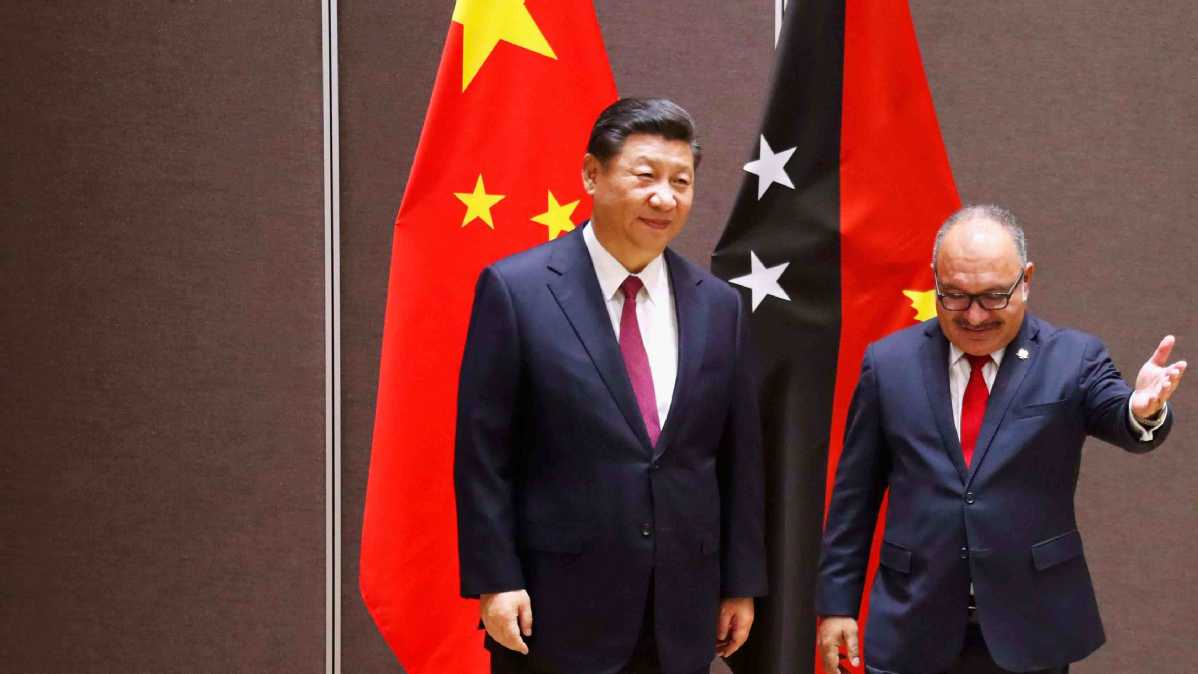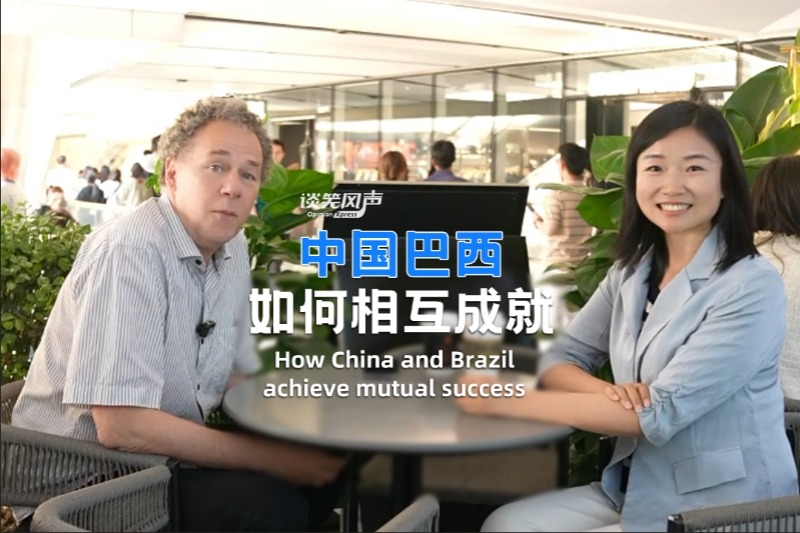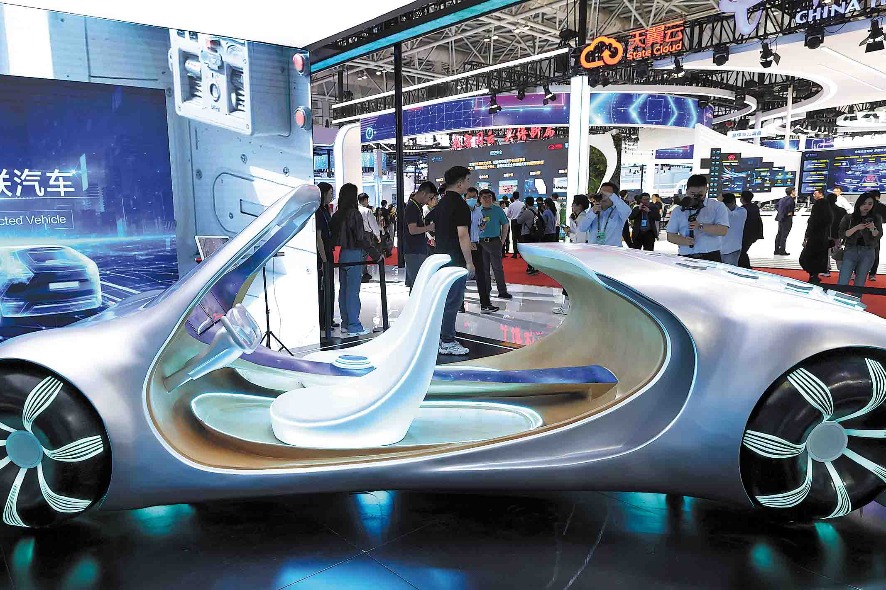Unilateralism and Protectionism are wearing-and-tearing the APEC platform


It is a pity that the Asia-Pacific Economic Cooperation (APEC) 2018 in Papua New Guinea (PNG) ended without a formal joint statement for the first time since its birth in 1989 and the "Leaders' Meeting" upgraded in 1993.
Instead, Papua New Guinean Prime Minister Peter O'Neill released a closing statement for the meeting as a substitute.
Currently, there is a widespread explanation in the media that the 2018 APEC meeting was unable to produce its traditional joint communique at the end for the first time in history due to disagreements over the future of multilateral trade, in which the first and second largest economies in the world revealed competing visions for the region.
However, this argument is not accurate.
Disagreements and different views of regional economic affairs always exist extensively among all participants within the framework of APEC, rather than exclusively between China and the U.S.
During the past year, there were also divisions between China and the U.S. in many aspects.
Therefore, considering the fact that the so-called "(China-US) division" is substantially a perennial "constant" rather than an "independent variable" in this context, it is logically incorrect to regard it as the major cause of the absence of the leader's joint communique this year.
What is the real factor? The rising "unilateralism" under Trumpism in the U.S. might be (one of) the root causes.
In the past two years, since Trump came to power in the White House and dominated American economic and trade policy with its Pacific partners and the rest, there have been increasing numbers of trade disputes in this region.
Many of them occurred suddenly even between the U.S. and its closest allies such as ROK and Japan, and were all managed through an increasingly arbitrary and unilateral approach as the international community witnessed and criticized.
The current so-called "tit-for-tat trade war" between China and the U.S. is no more than a fresh version of the old and tedious story between Reagan, President Trump's idol, and his Japanese “allied-enemy” in the 1980s.
As Wang Yi, Chinese State Councilor and Foreign Minister pointed out, the imposition of protectionist and unilateral views was the main reason for the failure to release a joint declaration at the APEC Economic Leaders' Meeting.
This year's Leaders' Meeting that ended without all parties agreeing on a final declaration is substantially due to individual economies insisting on imposing verbiage onto other parties while rudely rejecting any reasonable revisions proposed by China and other parties.
In the past three decades, APEC members, including the U.S., have practiced the values and basic rule of "Decision by Consensus", which is in the common interest of all parties involved and hence of the greatest importance that can never be ignored or abandoned by any individual member.
This value, or in Chinese President Xi Jinping's words, the "spirit of a community" that was widely commended by all sides, offered the APEC meetings a great success and furthered its institutional progress and contribution to the regional economy and trade.
However, Trumpist unilateralism and protectionism have put sand in the wheels of APEC by wearing and tearing its original spirit of "Decision by Consensus".
In addition, there is another piece of bad news that during the meeting, the U.S. Vice President Mike Pence claimed that the U.S. would join Australia in developing a naval base in PNG, as "an apparent move to curb China's growing influence" to help "protect sovereignty and maritime rights in the Pacific islands".
However, as the local media of PNG and international commentators pointed out, the "Pacific Rim" does not need an arms race in any form, but the re-building of the spirit of "Decision by Consensus" in an era of deteriorating unilateralism and protectionism.

































